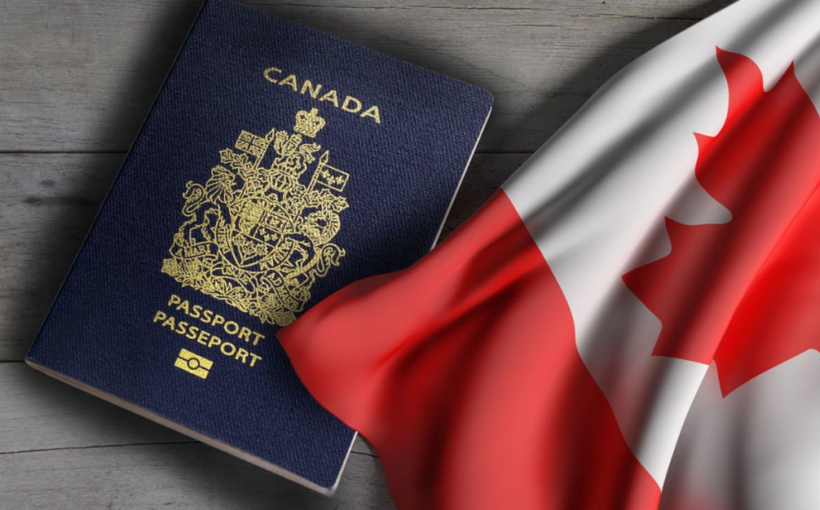Don’t cosy up to a dictatorial neighbour. Japan and Europe have learned this lesson, but not Canada. This country is woefully unprepared for a Trump election victory in November. If elected, Trump said he will become dictator for a day. Is it his usual bluster or should we believe him?
In his first term, Trump didn’t understand what he was doing, maintained Adam Kinzinger, former Illinois Republican congressman. He actually listened to people around him until the end. Next time, he will put people who share his views in charge. Some are pretty smart and know how to work around the Constitution and the law to bring in authoritarian measures, Kinzinger stated.
We’ve gone from early overreaction when Trump first became president to over-complacency now. What should Canada do? Heed what other democracies have done when faced with economic over-dependence on a neighbouring dictator.
After quarrels with China over disputed islands and experiencing supply-chain vulnerabilities during COVID-19, Japan loosened economic dependence on nearby China. Europe reduced its dependence on Russian natural gas after Russia’s full-scale invasion of Ukraine, despite threats to sever natural gas supplies if Europe supported Ukraine. Europe countered the threat by conserving energy, expanding its own energy supplies, and importing gas from elsewhere.
imported goods. Trump is running on the credible idea that globalization cut U.S. manufacturing jobs, making the U.S. dependent on China for everyday goods.
Team Canada’s refrain that U.S. trade with Canada supports many jobs in the U.S. likely won’t match such a powerful appeal.
Canada is unprepared for life beside a dictator because geographic isolation long protected us from invasion and war. Canadian governments simply assumed that the U.S. will protect us from foreign threats. But if the U.S. becomes dictatorial,
where would that leave Canada?
Progressive Canadians ignore this prospect and hope the nightmare will disappear. But instead of magical thinking, we need to prepare in advance by reducing economic dependence on the U.S. Don’t leave a cudgel for a second Trump presidency to beat Canada into submission.
The existential question is whether democracy can thrive or even survive in Canada if Trump wins in November?
Canada should prepare by becoming more economically self-reliant, deepening economic and political ties with other democracies, and allying with American opponents of dictatorship.
How can Canada be more economically self-reliant? When COVID-19 hit, president Trump banned the export of masks and other critical medical supplies. Producing vaccines and a range of health products and services in Canada are obvious places to start.
After the pandemic, supply chain shortages pushed many countries away from globalization and production shifted from just-in-time to just-in-case, where goods are stockpiled in case of disruptions. Canada should join this shift and bring crucial
industries and services back home.
Doubters of the economic feasibility of such a project should look at how Canada developed impressive domestic manufacturing production during the Second World War. We had only 11 million people then compared to over 40 million now.
With determination, why could we not do something similar today?
Even if Trump loses in November, returning production to Canada would lessen our vulnerability to future supply troubles, shield our democracy from future threats and create more manufacturing jobs.
Canada is not deepening economic ties with China, Russia, or North Korea. Why on earth would we do so with a Trump-run United States?


